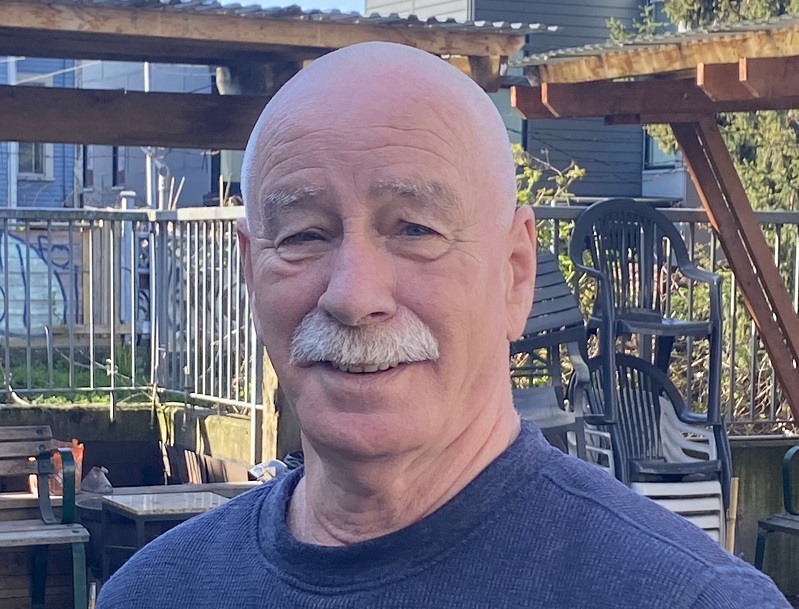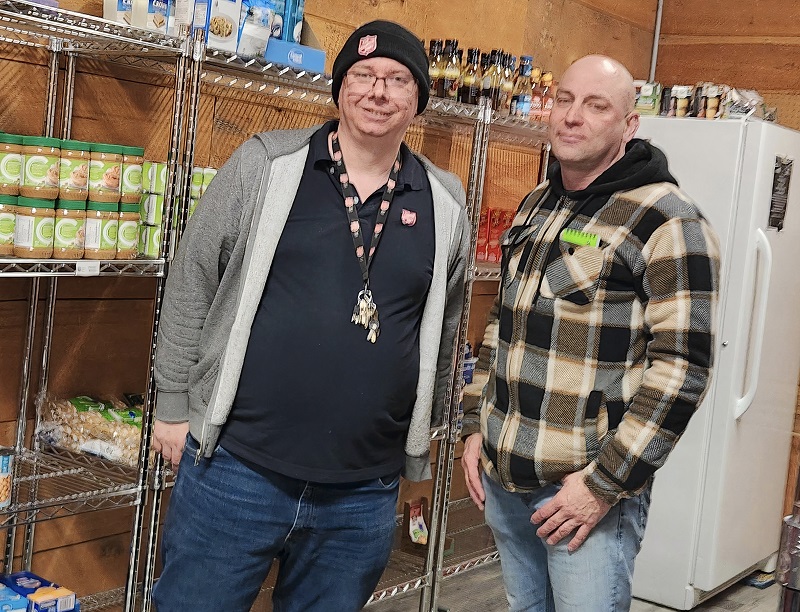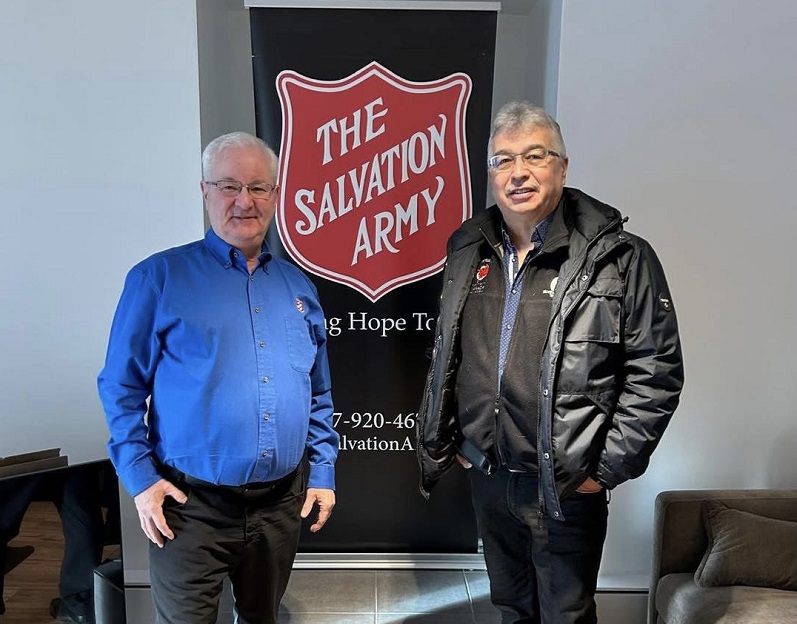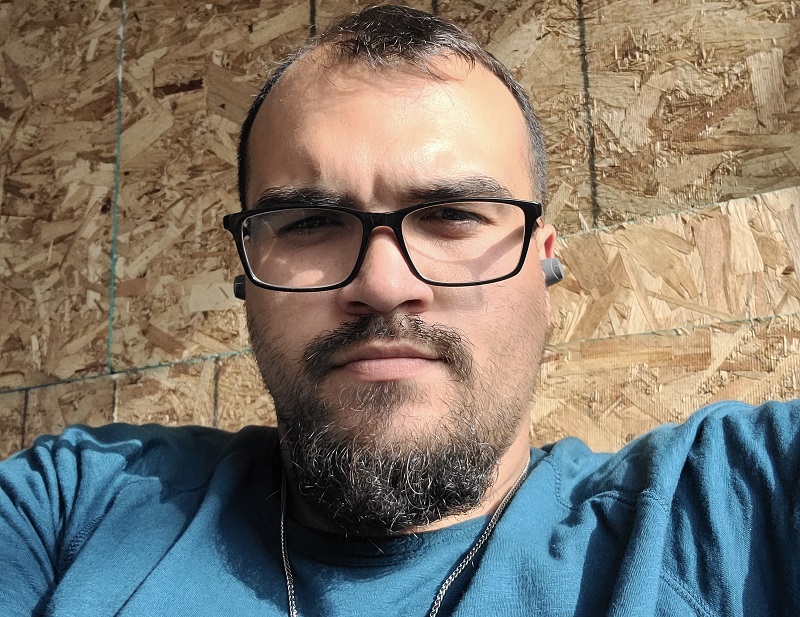Finding Healing and Peace Through Salvation Army Transitional Housing

Richard Dobbyn had a tough upbringing. Living with nine siblings, it wasn’t easy to be heard and understood. His father’s drinking made things even more hostile at home.
At 16, Richard left the house. For many years, he seemed to do well, at least from the outside. He held different jobs and enrolled in post-secondary education. But deep inside, he was still dealing with childhood trauma and the loss of his mother, who he loved dearly.
“Things started to get bad because I hadn’t dealt with my thoughts properly. I couldn’t keep a relationship, and my drinking was starting to escalate when I was in my 20s,” Richard says.
Throughout his years battling alcohol addiction, Richard tried to get sober multiple times and joined a recovery program at The Salvation Army’s Harbour Light in Vancouver. He admits he was doing it more to survive than to address the pain that brought him there.
“A big part of my drinking had to do with killing the pain and not dealing with the harsh realities of the environment I grew up in,” he adds.
Whenever he joined recovery programs, Richard would do well in the short term, but not over the long haul.
A Turning Point
By the early 2020s, Richard’s drinking had spiralled out of control.
“I drank for probably three weeks. I didn’t feel good about myself. I really just wanted to not wake up,” he shares.
Shortly after, he landed in the hospital with three clogged arteries and nearly lost his leg. His heart stopped twice during his stay. As a man of faith, Richard saw this as a wake-up call.
“Harbour Light helped clear a lot of the wreckage and the walls that had been fortified for a long time.”
“I died twice. I believe God was trying to tell me something,” he says.
In 2022, he returned to Harbour Light for support. This time, the counselling helped him learn how to process grief and loss in a healthy way. He also joined Harbour Light’s music group, which he enjoyed and credits for helping him open up to others.
“Harbour Light helped clear a lot of the wreckage and the walls that had been fortified for a long time.”
Sober Living
After getting sober, Richard was referred to The Salvation Army’s Grace Mansion, a safe transitional housing unit that offers residents a sober living environment. He’s been there for the past year and says it’s changed his life.
“The staff here at Grace are great. My caseworker is good to me. She walks alongside me, and that’s what gives me faith and hope all the time,” he shares.
On his first day at Grace Mansion, Richard noticed a garden. Over time, it became his mission to bring it back to life.
“My caseworker is good to me. That’s what gives me faith and hope all the time.”
“When I moved in, I was excited. I saw all these gardens that had been neglected, so I went to work on God’s behalf. That was my therapy. That became my sanctuary.”
At Grace, Richard enjoys connecting with other residents. He uses his life experiences to offer comfort or guidance and believes Grace Mansion is more than just housing, it’s a community.
He continues to apply everything he learned at Harbour Light and Grace Mansion to support his daily recovery. Today, he feels a sense of peace he never thought possible.
“I’m always laughing. I’m always smiling. I never used to do that. When I lay my head on the pillow, I know I’ve had a good day. I’ve done the best I can,” Richard says.
By Juan Romero



